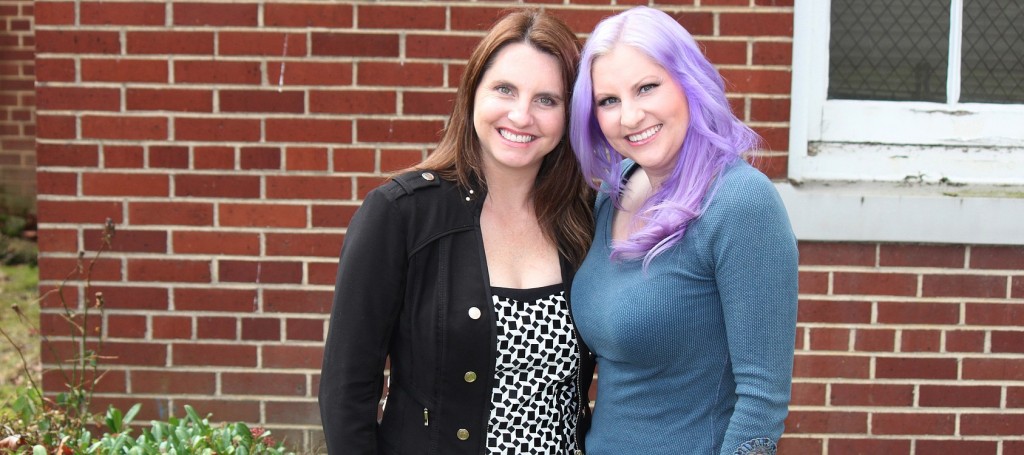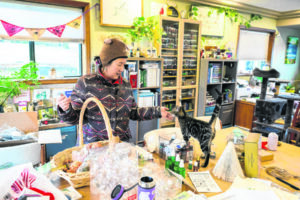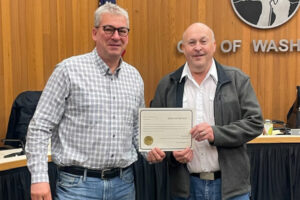As children, sisters Jennifer and Kimberly never felt safe. Never.
At a time when most youngsters are being loved, protected, cared for and nurtured, their reality instead was a home filled with abuse, mistreatment and secrets.
While growing up in California, from the time they were toddlers to into their teen years, Kim Abell and Jennifer Chilton suffered sexual, physical and psychological abuse at the hands of their father, a former police officer, private detective and Marine.
“He knew how to hide his tracks, he knew what would be noticed and what wouldn’t,” Chilton said. “We were groomed from a very young age to pretend that we were Daddy’s best friend, that we were Daddy’s little girls — all of that.”
Nobody, not even their mother, knew the abuse was happening until a series of events played out that resulted in the long-kept, dark secrets finally coming to light.
Their father was subsequently convicted in 1991 on child sex abuse charges, sent to jail, then released in 2002.





